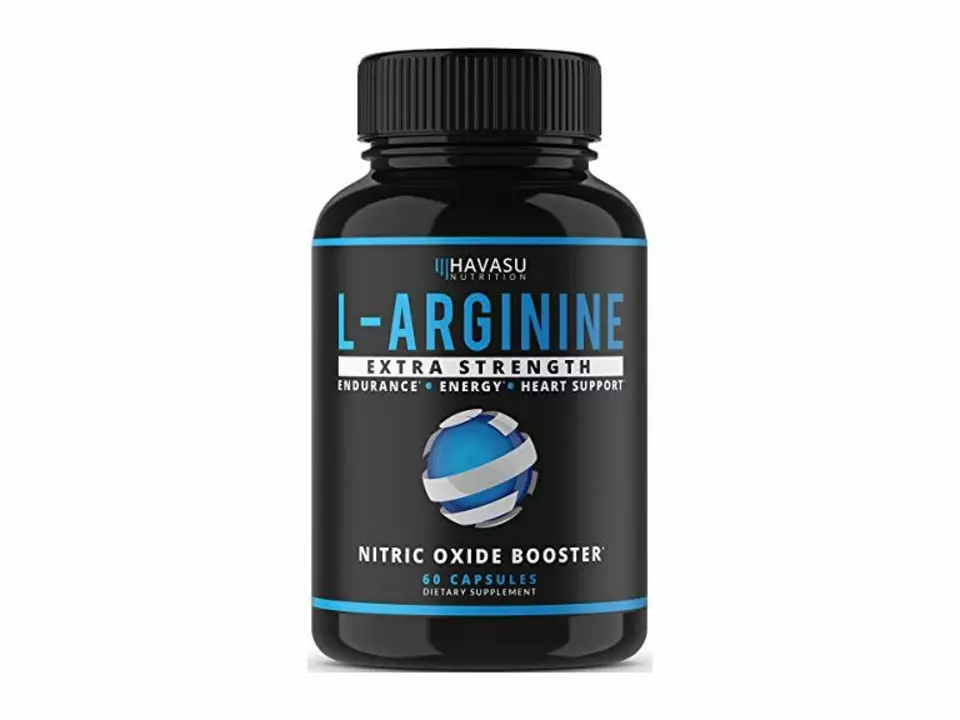L-Arginine: What It Does and How to Use It Safely
Want a simple rundown on L-arginine? It’s an amino acid your body uses to make nitric oxide, which relaxes blood vessels and boosts blood flow. People take it for things like exercise performance, mild high blood pressure, wound healing, and erectile dysfunction. This page gives clear, practical advice so you know what to expect and how to stay safe.
Common uses and what the evidence shows
Many users try L-arginine to improve blood flow. Small clinical trials found modest improvements in erectile function and exercise tolerance at doses around 2–5 g per day. Some studies also show a small drop in blood pressure for people with mild hypertension. For wound healing and recovery after surgery, doctors sometimes add it to formulas, but benefits vary by situation. The bottom line: results are mixed, and benefits tend to be modest rather than dramatic.
Food sources matter too. You get L-arginine naturally from red meat, poultry, dairy, nuts, seeds, and legumes. Watermelon is rich in citrulline, which the body converts into arginine and can be an easy dietary boost.
Dosage, timing, and safety tips
Typical supplement doses run from 2 to 6 grams a day. Some people take about 3 g before sex for erectile support; athletes might split 3–6 g across the day. If you’re trying it for blood pressure or recovery, people usually take 3–6 g daily in divided doses. Start low—try 1 g a day for a few days—then increase if you tolerate it well.
Take L-arginine on an empty stomach or between meals for better absorption. Expect possible side effects like stomach upset, nausea, or diarrhea. Because it lowers blood pressure, it can interact with antihypertensive drugs and nitrates. Don’t mix it freely with prescription blood pressure meds, heart medications, or blood thinners without checking with your doctor.
Other cautions: people with active herpes infections may see more outbreaks after arginine use, since the virus can use arginine to replicate. If you have kidney disease, are pregnant or breastfeeding, or have complex medical issues, talk to your provider before starting arginine.
Look for quality when buying supplements: choose products made in GMP-certified facilities and, if possible, brands that offer third-party testing (USP, NSF, or ConsumerLab). If you prefer a dietary approach, add nuts, seeds, poultry, and watermelon to your meals instead of relying only on pills.
Want to try L-arginine? Check your blood pressure first, start with a low dose, watch for stomach upset or dizziness, and tell your doctor about any meds you’re on. That simple checklist keeps things safer and more useful than guessing.

Boost Your Workout Performance and Recovery with L-Arginine: The Must-Have Dietary Supplement
In my latest blog post, I discuss the incredible benefits of L-Arginine, a must-have dietary supplement for anyone looking to boost their workout performance and recovery. L-Arginine is a precursor to nitric oxide, which helps to increase blood flow and oxygen delivery to your muscles, resulting in enhanced strength and endurance. Not only does it improve your workouts, but it also aids in faster muscle recovery and reduces muscle soreness. I highly recommend incorporating L-Arginine into your supplement routine for optimal fitness results. Don't miss out on this game-changing supplement that can take your workouts and recovery to the next level!
Read More